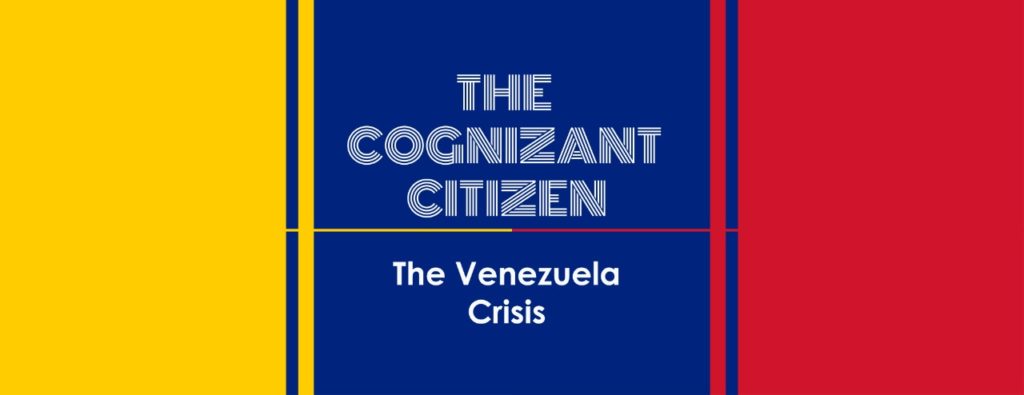
Venezuela, known to have the largest oil reserves in the world, is suffering from one of the greatest humanitarian crisis seen in this century. The country has more oil than Saudi Arabia and yet more poverty than Colombia. Having an economy which was once the envy of Latin America, it is now plagued by shortages of food, water, and other basic necessities. Venezuela, with its dysfunctional economy, as of today, has the highest inflation in the world. The fall in its GDP growth rate is worse than during The Great Depression in the US or the fall of The Soviet Union.
This crisis has enormously affected the lives of the average Venezuelans. Almost 90% of the population is in poverty, and the people are unable to afford basic facilities such as food and healthcare. Venezuela also leads the world in murder rates, with 56.3 per 100,000 people killed in 2016. As of 2017, more than 2.3 million Venezuelans have fled the country as it crumbles around them.
This impossible situation is not just the result of substandard economic policies—but an ugly concoction of corruption, pompous politicians, price-fixing, and a global commodity bust.
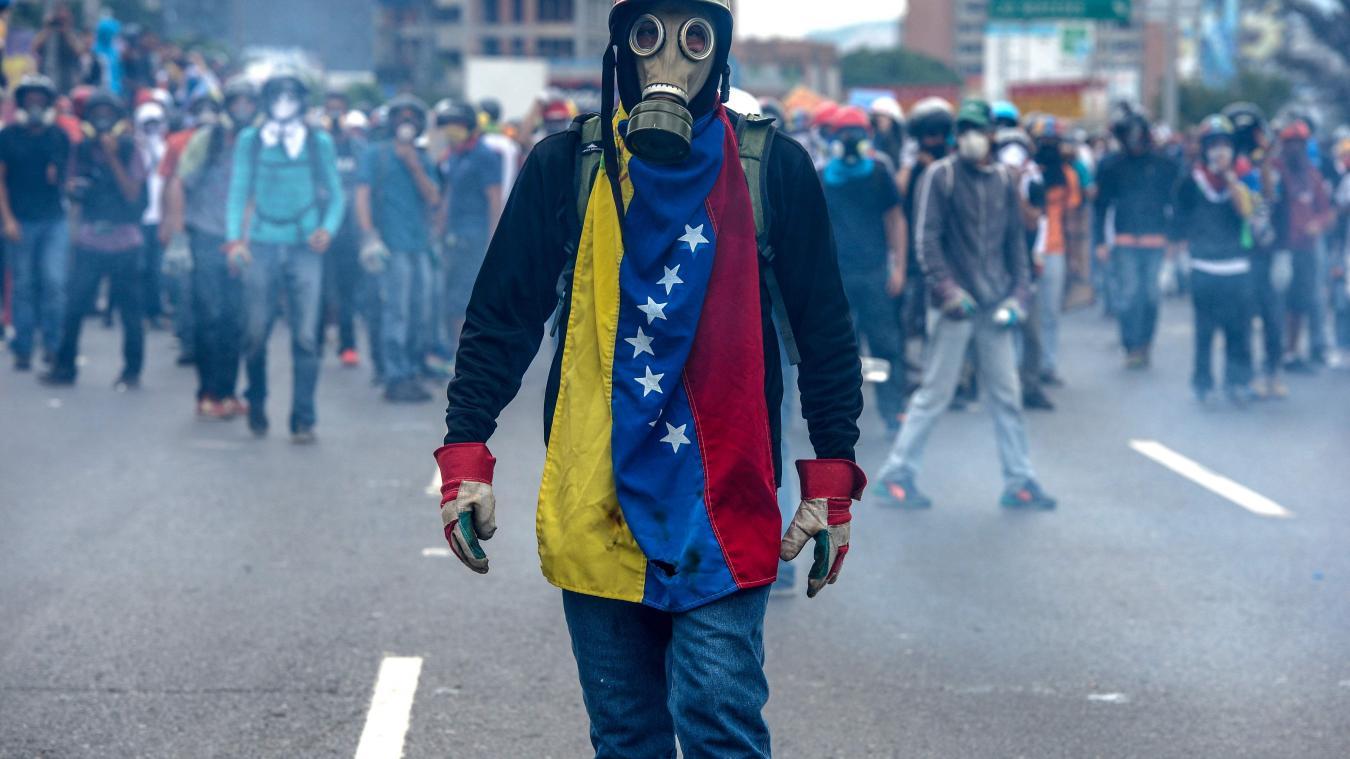
How Did It Start?
The crisis began in 1998 when Hugo Chávez won a landslide election on a platform of social revolution. He led the nation for a staggering 14 years until his death in 2013. As the prices of oil skyrocketed in the 2000s, Chávez used this capital to fund his social programs, known as Bolivarian Missions. He championed the poorest in the society by entrancing them with free healthcare, subsidies on food and housing, mass vaccinations, and educational support. With over thirty social missions, Chávez managed to improve literacy, poverty, and the overall quality of life among the citizens. However, this all came at the cost of oil.
To oversimplify things—the Venezuelan Crisis occurred due to a massive disparity in oil prices and government spending. Venezuela boasts of the largest oil reserves of any country in the world. In the late ’90s, the then president Hugo Chávez started social programmes called ‘Misiones’ to combat poverty and inequality. The funds for these schemes came from the revenue generated by high oil prices. However, in the late 2000s oil prices dropped which led to a significant decrease in money generated from selling oil. Hence, the Venezuelan government was spending more money than it was earning. This eventually caused the depletion of monetary reserves held by the government. The crisis was further exacerbated by the ballooning foreign debt which was estimated to be $140 billion.
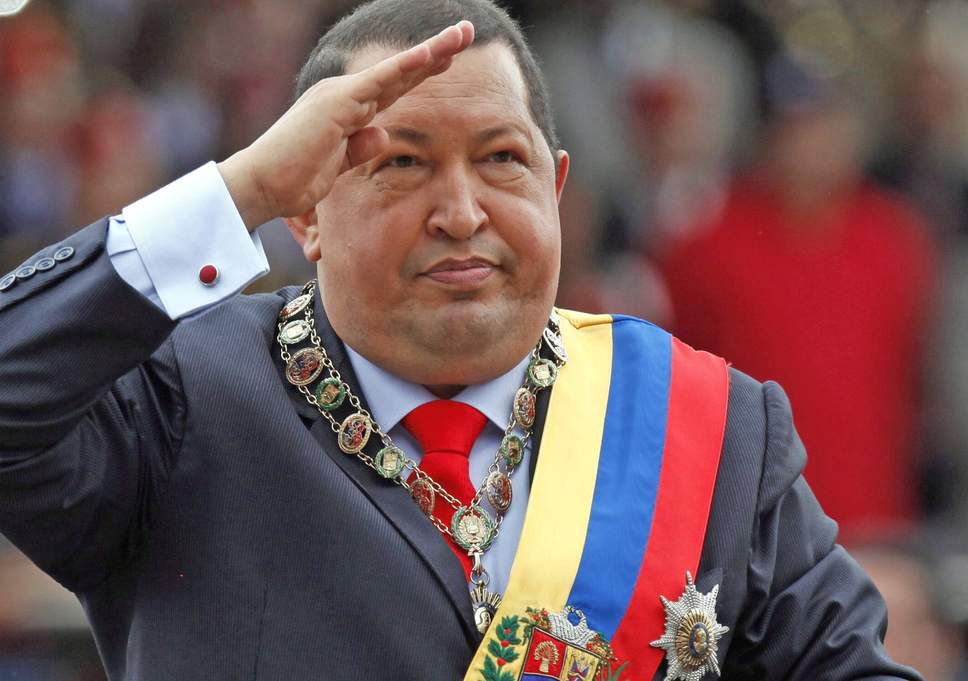
The Situation Worsens…
The people lived a lavish lifestyle when the prices of oil were high. Due to such populist policies, the government had indulged in overspending and price-fixing —which led Venezuela to suffer from “Dutch Disease”.
Furthermore, to increase the revenue through oil exports, the Venezuelan government increased oil production while neglecting the production of other goods and services, namely agriculture. This meant that due to the heavy reliance on oil, the government failed to develop other sectors of society. This led to the import of all essential goods and services. However, once the oil money dried up, the Venezuelan government had to use their cash reserves to pay for the incoming vital commodities. The cash reserves soon ran out as well.
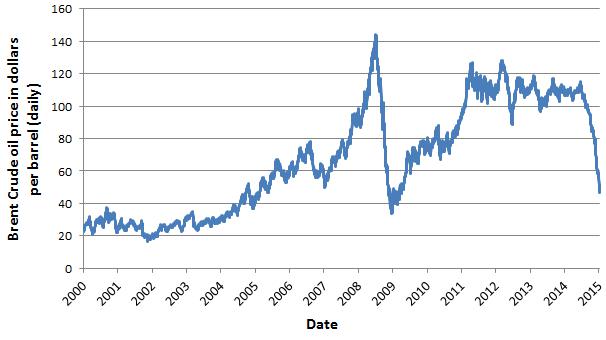
As the oil prices went down, the country was in shambles. Chávez was unable to handle this alarming situation, and hence continued his policies which promoted socialism. The government responded to this crisis by just printing more currency notes to make up for the shortage of cash reserves and to pay for their imports. It led to the currency losing its purchasing power and sending the country into spiralling inflation.
Current Travesty
With Chávez’s death in 2013, he was succeeded by Nicolás Maduro—who won the elections by a minuscule margin of 1.6%. Maduro continued with the harmful policies of his predecessor, which led to the downfall of the nation. Following the incompetence of the government in controlling the growing recession, the National Assembly elected the opposition to hold the majority in 2015, for the first time since 1999. The Maduro allies filed the Supreme Tribunal of Justice—the highest court in Venezuela—to strip down the opposition majority, which would have challenged Maduro. The Tribunal sanctioned many decisions made by Maduro, which gave him more powers. He then called for a National Constituent Assembly to replace the 1999 Venezuelan Constitution by Chávez.
This move faced scepticism by other democracies, which accused Maduro of building an authoritarian regime. Continuing his lucrative power grab, Maduro also disavowed the National Assembly in 2017, wiping out all of his opposition.
In August 2018, the Maduro-led government switched currencies for the second time stating the current currency (Bolivar Soberano) to be worth 1 million of the primary currency (Bolivar). However, these changes have not helped the situation. Due to local and foreign distrust in the current regime and consequently the government-issued currency, the newer currencies have not stopped the rising inflation.
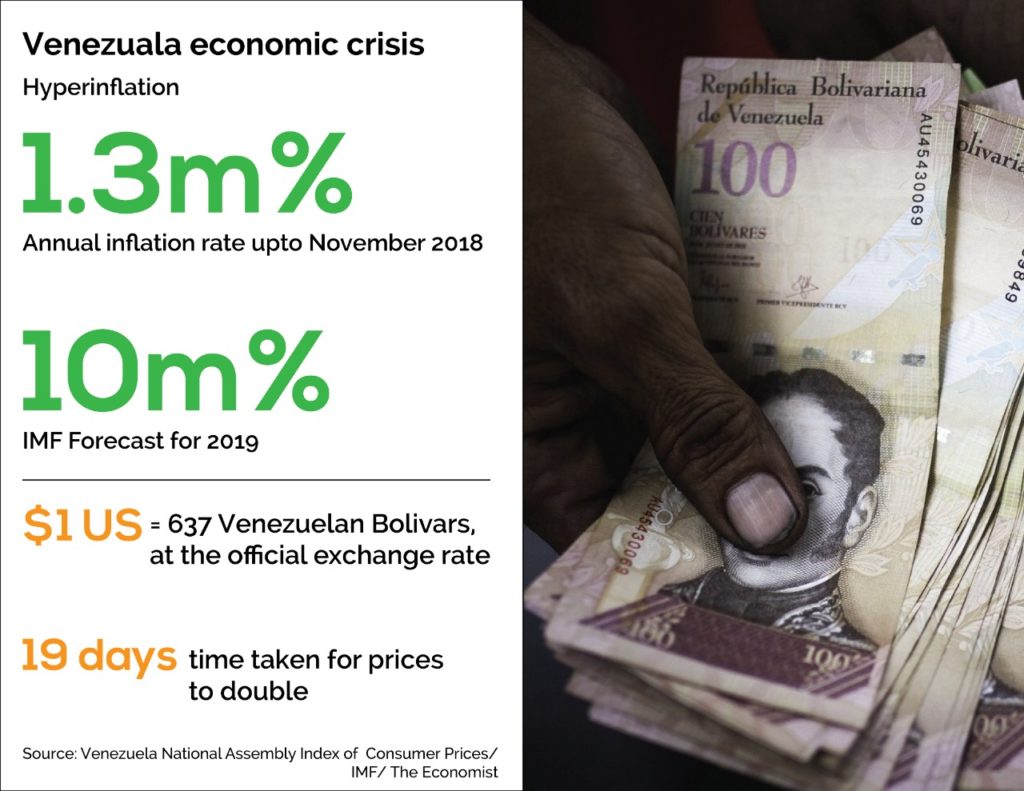
His regime continued with the widely-criticised presidential elections of May 2018, where many opposition parties were banned from participating. The National Assembly labelled Maduro as a usurper and declared Juan Guaidó as the interim president of Venezuela.
International Intervention
The decision made by The National Assembly has been heavily supported by Latin American countries and large nations such as the USA. In response to this, Maduro accused the US of “backing a coup” and hence broke all ties with the nation. Countries like China and Russia supported Maduro’s governance—calling it a step towards a socialist nation. This crisis has taken the form of a multinational political war.
The Venezuelan government is stuck between a rock and a hard place. They cannot increase oil production to cover up for the low prices as there is lesser demand in global markets for the type of oil Venezuela produces. Also, the government lacks any capital to spend on infrastructure. Furthermore, they cannot shut down or upgrade the oil refineries to divert resources to other sectors as crude oil is now the only source of revenue for the country.
How to stabilise?
Allow the currency to float and stabilise itself. By doing this, the Venezuelan government will allow its currency to succumb to the forces of demand and supply and will allow the currency to achieve a realistic value which would decrease inflation in the long run. Following this, much needed foreign investment would enter the country as goods would be cheaper concerning foreign currencies.
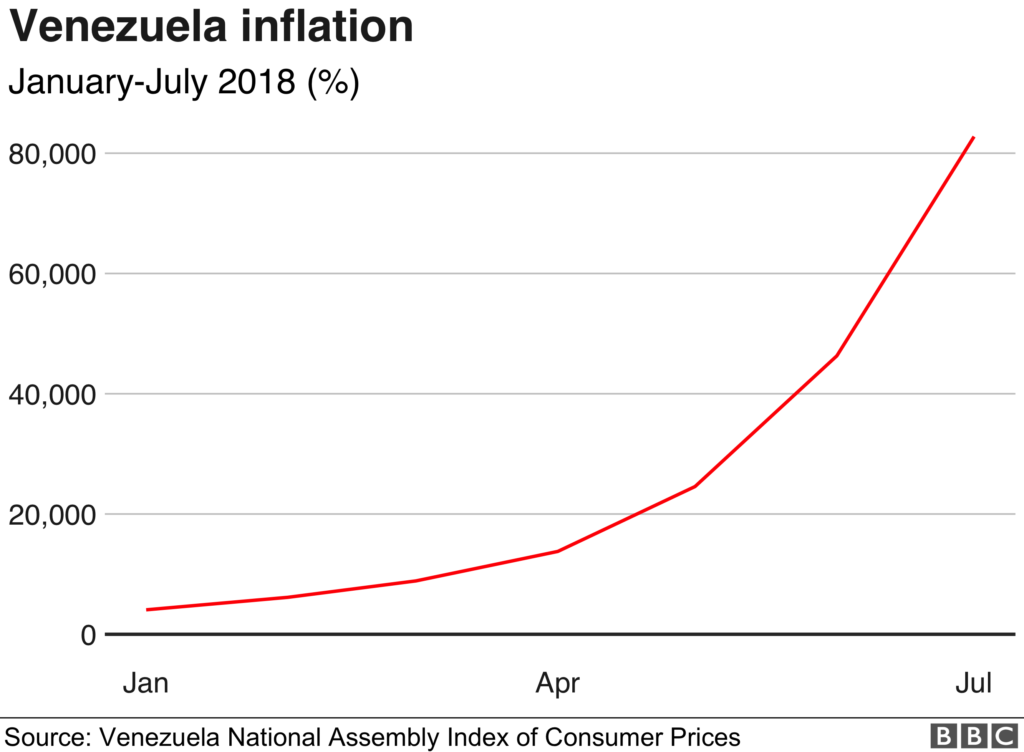
Diversify from oil production and become self-sufficient in essential commodities. Due to past decisions, a large number of resources were diverted away from agriculture and other goods, to oil production. However due to falling prices, decreasing demand and higher costs, there is a massive shortage of various essential goods and commodities. By diversifying the Venezuelans can balance out these disparities in the economy and reduce inflation.
The inflation rate in Venezuela averaged 13960.36 per cent from 1973 until 2019, reaching an all-time high of 2.68 million per cent in January of 2019, and a record low of 3.22 per cent in February of 1973. Either path chosen could further cripple the economy but could prove to be a right step in correcting the economy in the long run.
What Next?
The decision made by the National Assembly along with the US and other Latin American countries to declare Guaidó as interim president has led the nation to a dramatic turn. The existence of two presidents is hardly a problem for Maduro if he retains the powers of law and the military forces. In such a case, the economic crisis is most likely to worsen. The security forces are loyal to the government, as they have been using disproportionate force to instil fear among the citizens.
The crisis is also dividing the international community. Russia and the USA have taken opposite sides, which has reestablished the cold war between the two nations. Another outcome could be a military coup, which would leave a general in charge, meaning a return to the usual detrimental conditions in Venezuela.
For now, Maduro has unprecedented powers over a country that is spiralling out of control. And this crenellated nation stands at crossroads.
-Written by Alankriti Singh and Neil Sequeira for MTTN
-Graphics by Sayantan Karmakar
-Featured image by Mayank Kashyap
-Sources: Economic Times, BBC, Forbes, The Guardian, Al Jazeera
-Image Credits: Google Images
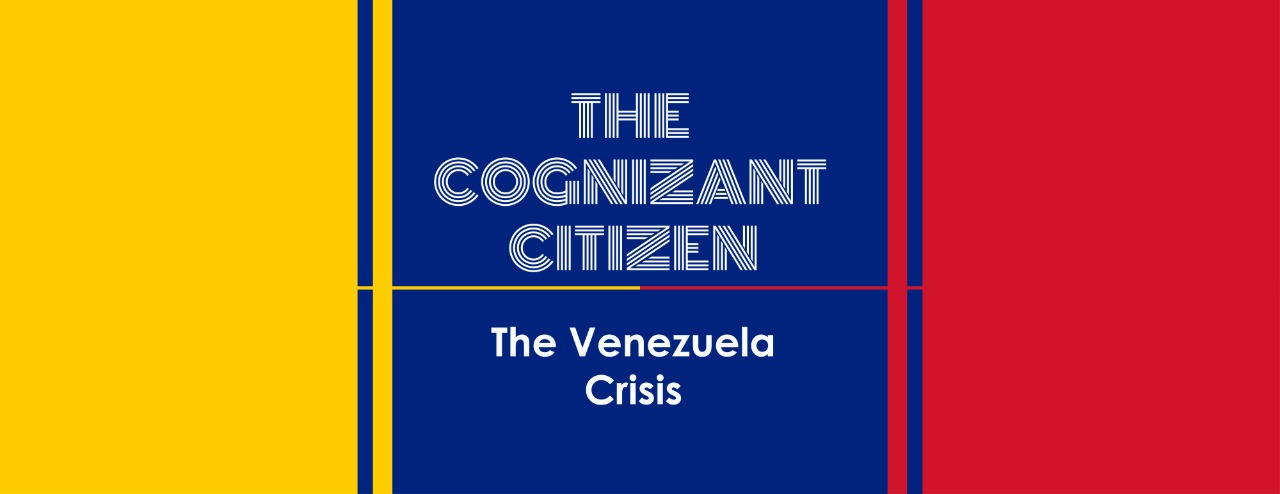
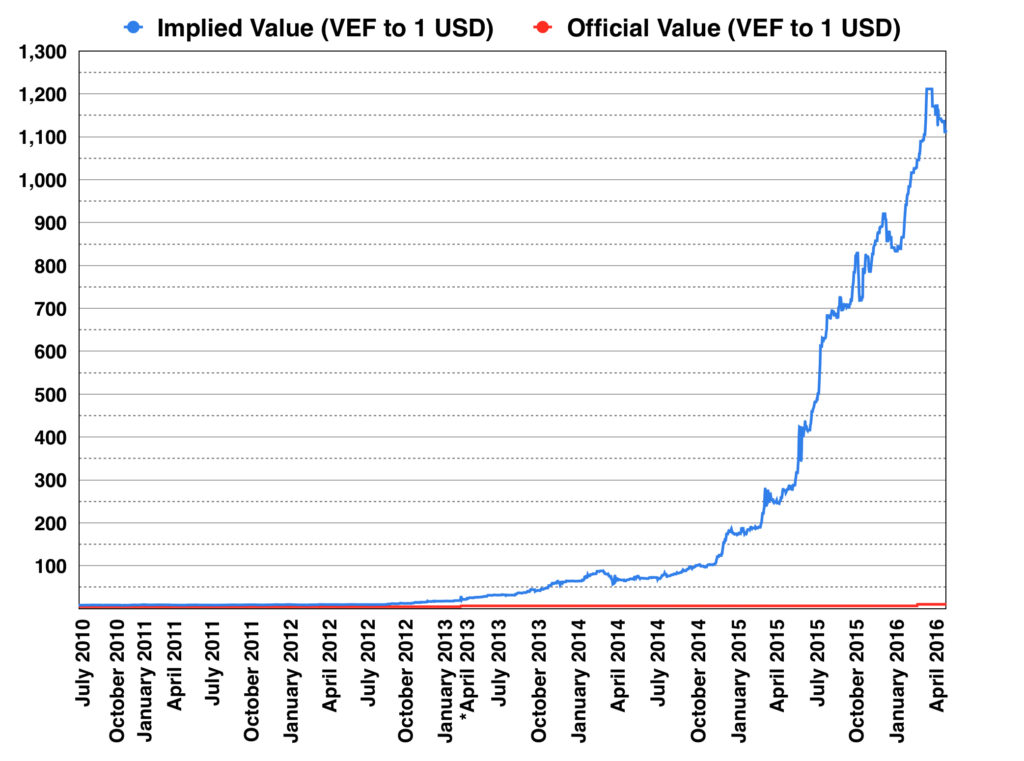
Leave a Reply
You must be logged in to post a comment.